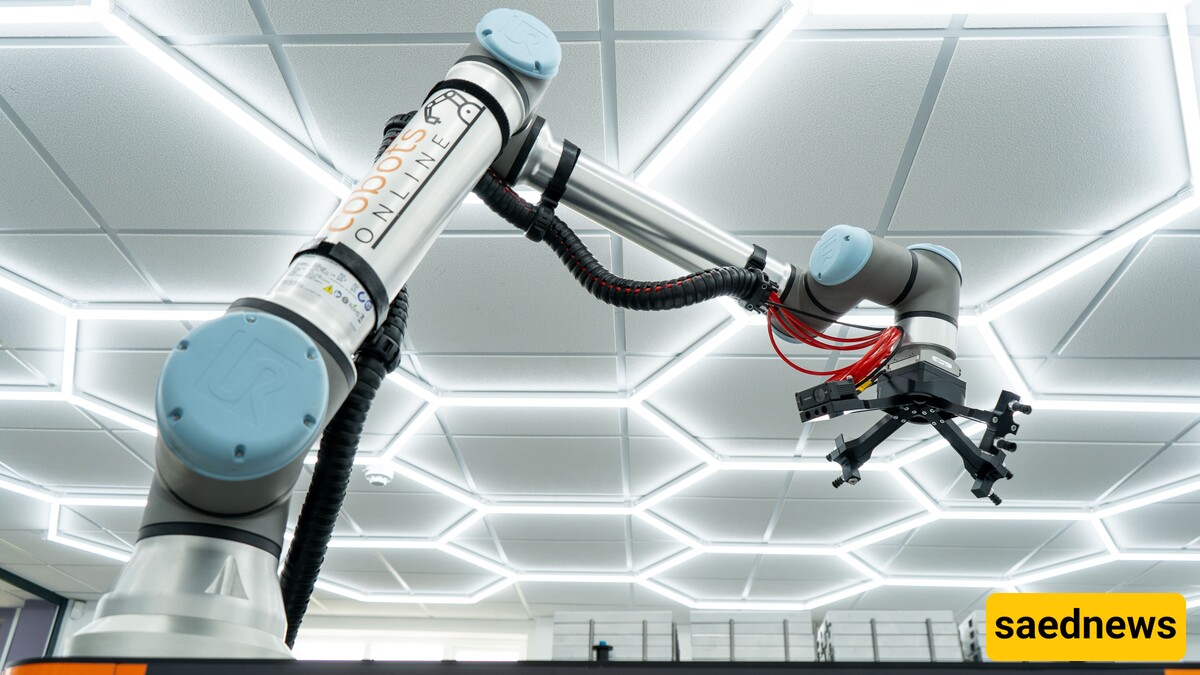This SAEDNEWS article looks at how AI-powered technologies, such as chatbots and cobots (collaborative robots), are improving our daily interactions and workflows. Chatbots and cobots are transforming human experiences by making jobs more efficient and enriching, but they also raise ethical and operational concerns.

According to SAEDNEWS, the world is undergoing a significant shift, fueled by Artificial Intelligence (AI), particularly chatbots and cobots, which are altering how we connect and collaborate. These AI-powered technologies, which were once considered futuristic, are now integrated into everyday life, from customer service to collaborating robots in manufacturing lines. Chatbots provide rapid communication solutions for millions of people across the world, answering inquiries, addressing problems, and saving them time. Cobots, on the other hand, are transforming industrial environments by safely collaborating with humans, increasing productivity and reducing dangers. As these technologies progress, they not only affect operational efficiency but also raise ethical concerns about privacy, job security, and human-machine interaction.
Chatbots have swiftly become a staple in customer support, assisting businesses in managing millions of requests each day. These bots use natural language processing (NLP) to answer questions, handle orders, and resolve difficulties without the need for human participation. This efficiency enables businesses to save money on manpower while still providing 24-hour customer service. Chatbots, for example, assist clients check balances, reset passwords, and explore services quickly. In healthcare, they conduct first consultations, assess symptoms, and advise patients on next measures.

Cobots are equally transformative. Unlike traditional robots, which replace human labor, cobots are intended to operate alongside humans. In manufacturing, cobots perform repetitive operations such as assembling and packaging, decreasing the burden on human workers while improving precision. Cobots assist with difficult or high-precision activities, allowing human workers to focus on more complex jobs. Cobots are also utilized in surgeries to assist doctors by holding equipment or precisely targeting locations, so lowering the margin for error.

While these AI technologies bring about numerous benefits, they also pose ethical and operational challenges. Chatbots raise privacy concerns, as they collect vast amounts of personal data. Moreover, the reliance on cobots may impact certain job sectors, causing job displacement for repetitive tasks. As society embraces AI, it becomes crucial to address these issues through proper regulation and a commitment to ethical AI practices.
The advent of chatbots and cobots shows AI's expanding presence in everyday life, bringing us new efficiencies and opportunities. Chatbots automate customer service, but cobots increase workplace productivity by collaborating with people. However, as AI becomes more integrated into society, concerns about ethics, privacy, and employment remain critical. By encouraging ethical AI development and regulation, we can ensure that these tools improve rather than disrupt our lives.

